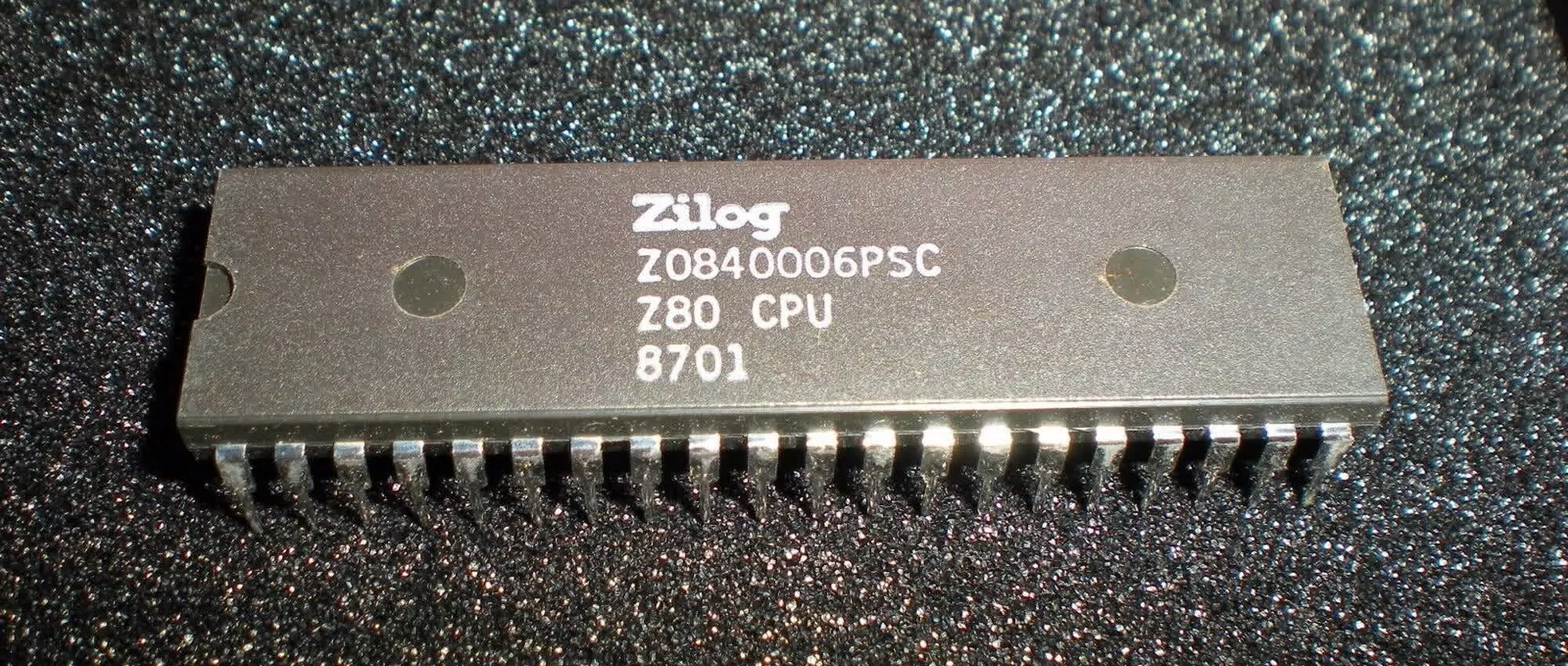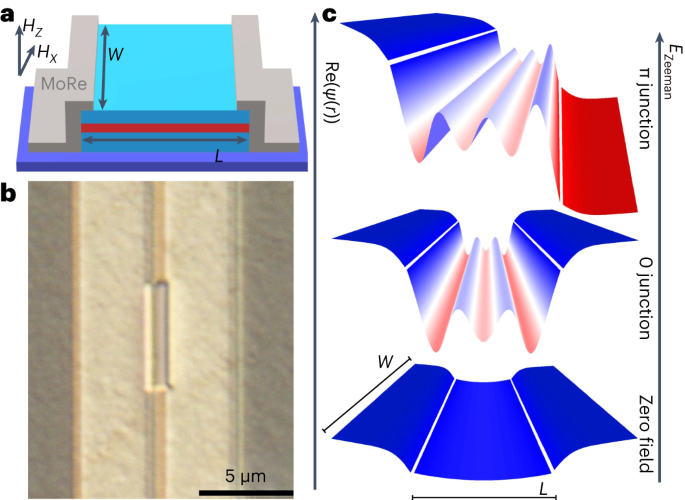First-Mover Advantage Is About Compound Interest, Not Market Share
There is a fallacy that startups need to be super-secretive and then, when they launch, move very fast to capture the market. This is rarely true. Most startups would do well to study compound interest rather than market share.
Compound interest is about gains that are reinvested back into the asset base so that the next gain will be higher. The interest earns interest. The table below shows a new Web business at the very beginning, with only 100 wisdom points (a made-up term). The business is learning at a reasonable rate, with 10% growth in its useful knowledge each month. And, as you can see, its monthly growth in real units is growing; this is the compound interest. You get the idea.
“I’ve got an idea that no one has ever thought of. I’d better not tell anyone because as soon as I launch it, everyone will copy me. I’ll develop it in secret, and then when my vision is ready, I’ll launch it with great gusto and have a big sales and marketing campaign ready to go to snap up customers, who are all going to flock to me.”
You’ve got an idea that 100 people have had, 10 have already started working on, and probably a few have failed at. If you don’t tell anyone or are so excited that you don’t do your research, you won’t find out about the 10 who have started working on it. You also don’t invite 100 experienced people to help you refine your product, all of whom are far too busy to steal your idea anyway. You develop it in secret, and then 30 seconds after you finally launch, 50 people tell you about little things that are broken or need tweeking (a “tweek” being any change that you think will take two hours but ends up taking two weeks: tw(o) (w)eeks, get it?). You spend the next 6 months scrambling to get the product up to scratch. Customers don’t come flocking. They come dribbling in like glue-covered sloths, whinging about every little thing you’ve missed.




















